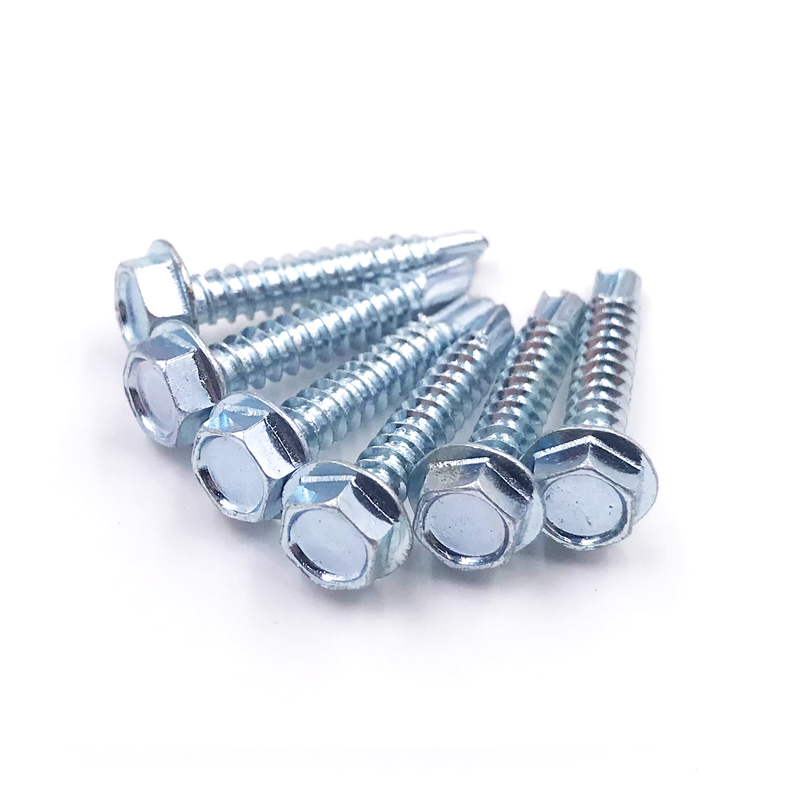stud bolt full thread
Understanding Stud Bolts with Full Thread A Comprehensive Guide
Stud bolts are essential fastening components widely used in construction, manufacturing, and engineering applications. Among various types of stud bolts, those with full threads are particularly significant due to their unique characteristics and advantages. This article delves into the features, applications, and benefits of stud bolts with full thread, highlighting why they are a preferred choice for many projects.
What is a Stud Bolt?
A stud bolt is a type of fastener that is essentially a long rod with threaded ends. Unlike traditional bolts, which have a head on one end, stud bolts are typically used in conjunction with nuts on both ends, allowing for a secure and adjustable fastening solution. The absence of a head allows for greater flexibility in applications where space is limited or where a clean aesthetic is desired.
Characteristics of Full Thread Stud Bolts
Full thread stud bolts are distinguished by having a continuous thread that runs the entire length of the rod. This design provides several benefits
1. Enhanced Grip The complete threading ensures maximum contact with the nut, providing a reliable grip that can withstand substantial tensile loads.
2. Versatility Full thread stud bolts can be used in various applications, making them versatile fastening solutions. The fully threaded design allows for adjustments in the assembly, catering to different thicknesses or materials.
4. Ease of Installation The consistent thread pattern simplifies the installation process, making it easier for operators to engage nuts without worrying about alignment.
stud bolt full thread

5. Standardization Many industries rely on standardized sizes and specifications for stud bolts, and full thread options are often included in these standards, ensuring compatibility across various applications.
Applications of Full Thread Stud Bolts
Full thread stud bolts are commonly used in several industries, including
- Construction In high-rise buildings and industrial structures, full thread stud bolts are utilized to connect beams, columns, and slabs. Their strength and versatility make them suitable for securing steel structures.
- Manufacturing In machinery and equipment assembly, these fasteners are used to join components that are subject to high levels of vibration and force, thanks to their reliable grip.
- Automotive In vehicles, full thread stud bolts can be found in engine assemblies and suspension systems, where they help to ensure structural integrity under varying loads.
- Marine The corrosion-resistant properties of many stud bolts make them ideal for marine applications, where they are used to fasten components in boats and ships, ensuring durability over time.
Conclusion
Stud bolts with full threads are crucial components in a wide range of applications, providing exceptional strength, versatility, and ease of use. Their design facilitates uniform load distribution and enhanced grip, making them an excellent choice in construction, manufacturing, automotive, and marine industries. As technology and industry standards continue to evolve, the use of full thread stud bolts remains an integral part of engineering solutions, ensuring that projects are completed with safety and reliability at their core. Understanding their specifications and applications can help engineers and builders make informed decisions, ultimately leading to successful project outcomes.
-
Weatherproof Plastic Expansion Anchors for OutdoorNewsJun.06,2025
-
Sustainability in the Supply Chain: Eco-Friendly TEK Screws ProductionNewsJun.06,2025
-
Load-Bearing Capacity of External Insulation FixingsNewsJun.06,2025
-
Double Head Bolts: Enhancing Efficiency in Industrial MachineryNewsJun.06,2025
-
Corrosion Resistance in Chipboard Screws: Coatings for Wholesale DurabilityNewsJun.06,2025
-
Butterfly Toggle Bolts : Enhancing Structural ResilienceNewsJun.06,2025
